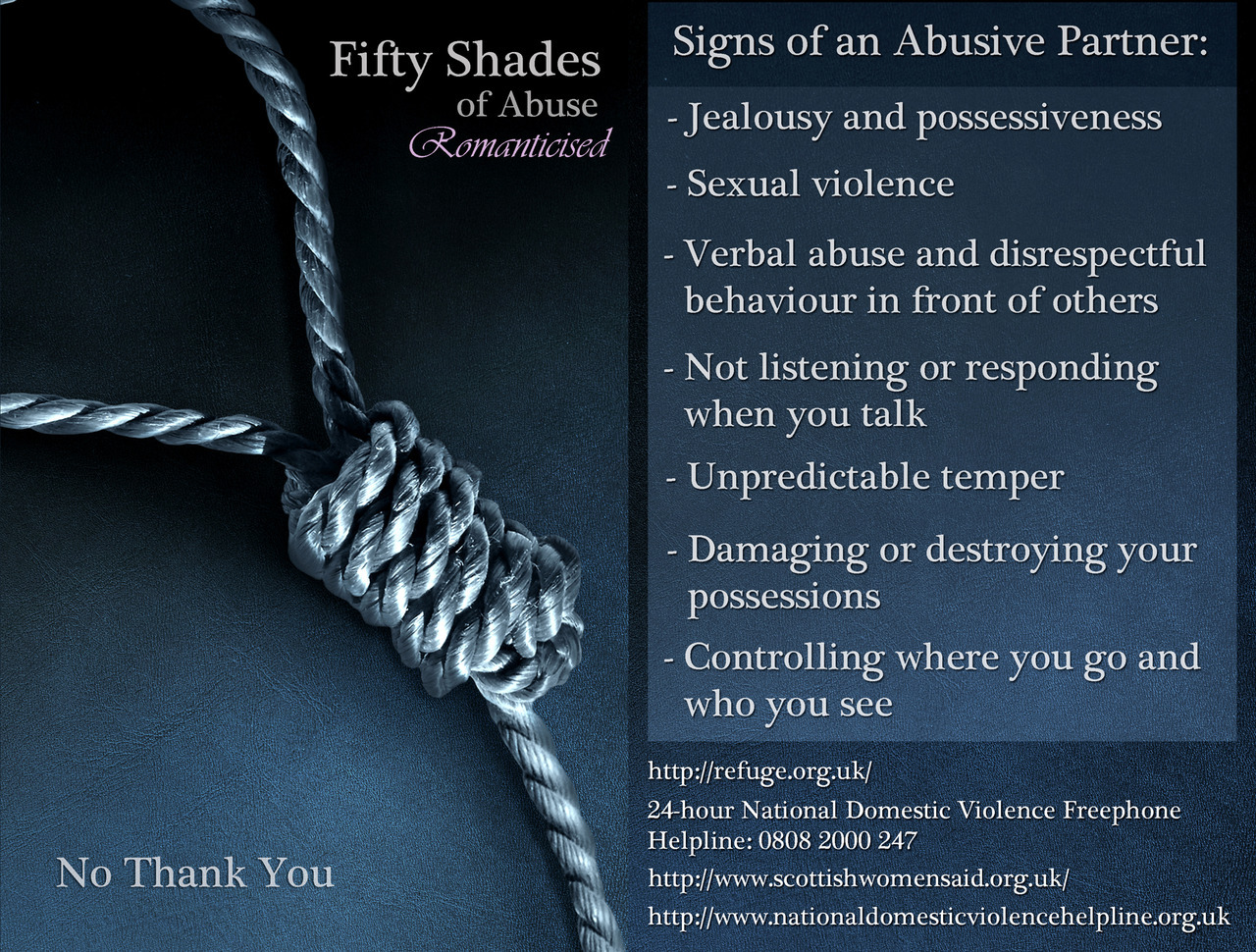This month, the counseling team at Safehouse Progressive Alliance for Nonviolence (SPAN) is starting a new drop-in group for youth affected by violence. PBJ caught up with Sherry & Evan, counseling interns at SPAN, to learn more about this much needed resource for Boulder youth.
Teen Group @ SPAN
Every Friday, 4:30-5:30 pm
Safehouse Progressive Alliance for Nonviolence
835 North Street
Boulder, CO 80304
For more info contact Evan and/or Sherry at 303.449.8623
Tell us a little bit about yourselves.
Evan: I am a 3rd year graduate student in Naropa University’s Wilderness Therapy Program and a counseling intern at SPAN. I love hiking, backpacking, mountain biking, rock climbing and anything else outdoors. I see access to the outdoors as a basic human right and fundamental to any healing process. I am also a musician and play the bass and guitar. I love rock and roll, hip-hop, jazz and funk (I play a mean slap-bass)!
Sherry: I am a 3rd year graduate student in Naropa University’s Transpersonal Counseling Psychology program and a counseling intern at SPAN. I am a lineage holder of an ancient Filipino style of martial arts. It informs me spiritually and how to see possibilities in young peoples’ lives. My sense of identity was formed at a young age as part of the people power movement – a nonviolent movement aimed at social change in the Philippines which my parents were leaders within.
What is one of the most valuable lessons you’ve learned throughout your internship at SPAN?
Sherry: To stand out, to be different, that martial arts is in everything and that the legacy I carry with me is both ancient and pertains to my everyday life in meaningful ways.
Evan: During my internship I have had the privilege of facilitating groups for young people who are incarcerated. I have learned a lot about prison justice and the experiences of young people who are incarcerated. Importantly, I have learned that sustainable social change comes, in part, from challenging the oppressions that most effect young people.
Where did the idea to form this group come from?
Evan: The idea for this group originally came from Amanda Nicholas who was formally SPAN’s Bilingual Transitional Housing Services Advocate (she has since moved on to work for Boulder County Department of Housing and Human Services). One day we were chatting about teens, oppression and empowerment and she suddenly exclaimed, “We need a teen group!” I said, “Okay!”
Who is this group intended for?
Sherry: This group is intended for all people aged 11-17. As a SPAN group we will specifically cater to people who have been affected by violence. We look forward to creating a space which is inclusive of all races, ethnicities, genders and abilities.
When and where will this group take place?
Evan: This group happens every Friday from 4:30 – 5:30 at SPAN’s Outreach Center. We ask that participants show up at the beginning as we may go outside on nice days!
What types of activities do you have planned?
Sherry: We will be using martial arts in a dance context as an art form and as a vehicle to express all emotions nonviolently.
Evan: I look forward to good conversations and shared learning. We will be bringing in educational pieces that fit the group’s needs. I also look forward to going outside in nice weather and bringing in some musical elements!
What are you looking forward to the most out of facilitating this group?
Sherry: Creativity and ways for young people to express themselves through spoken words, through the body and through movement.
Evan: Learning from others and supporting young people in their lives. Supporting a space where young people can connect and support each other.
Any words for youth tentatively interested in attending?
Evan: We need you. We need to learn from you and we need you to help us make the world a place that values all lives equally.
Sherry: Come and express yourself in ways that transform yourself! Our approaches to healing extend way beyond traditional western thought.
Teen Group @ SPAN
Every Friday, 4:30-5:30 pm
Safehouse Progressive Alliance for Nonviolence
835 North Street
Boulder, CO 80304
For more info contact Evan and/or Sherry at 303.449.8623









